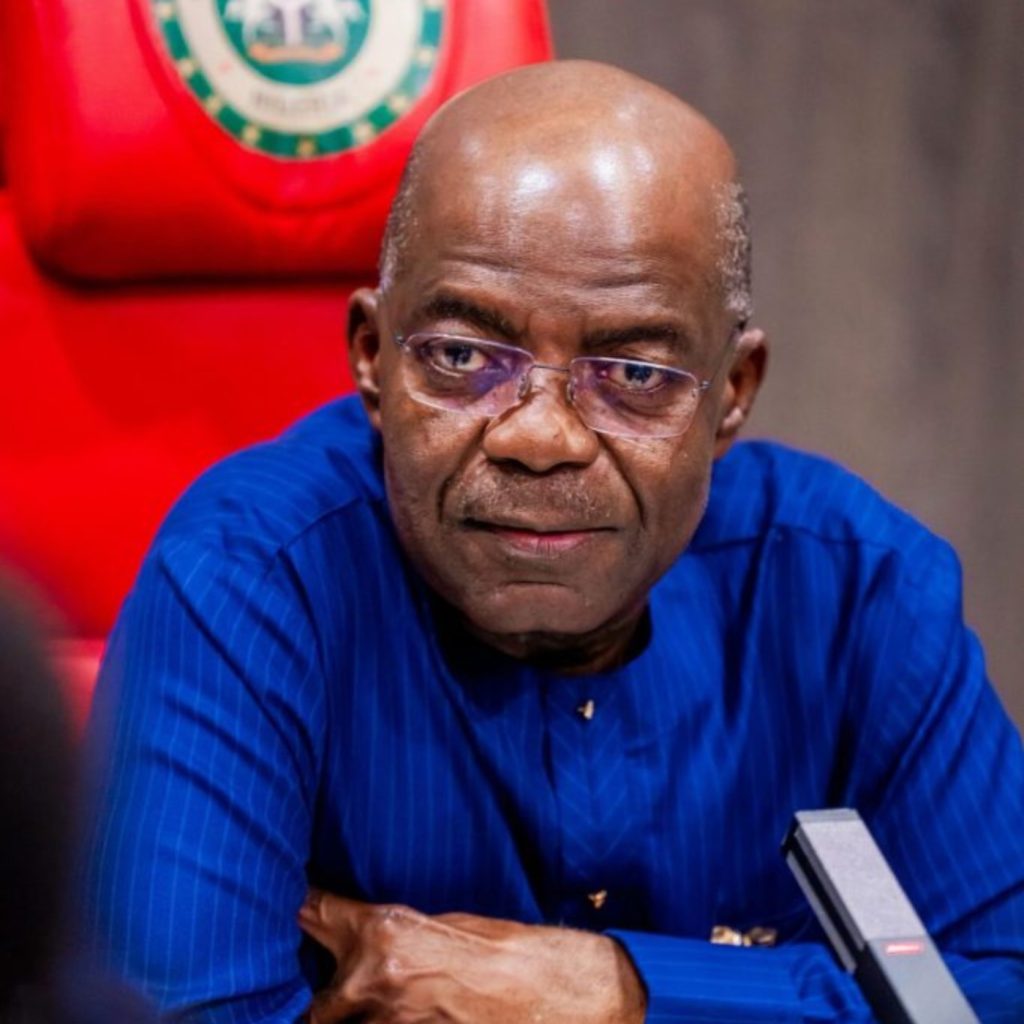Experts and industry leaders have expressed concern over the recent policy reversal by the Central Bank of Nigeria (CBN), cautioning that it could have dire consequences for the Nigerian economy. The CBN recently lifted the ban on the importation of 43 items, including rice, vegetable oil, and poultry products, after restricting access to foreign exchange for importers since 2015.
The Manufacturers Association of Nigeria (MAN) has advised the Federal Government to reconsider this decision, citing potential job losses and imbalances in the foreign exchange market. According to Dr. Kamoru Yusuf, the South-West Zonal Vice-President of MAN, the current demand for foreign exchange outweighs the supply, making the policy reversal a dangerous move for the economy.
Yusuf emphasized that the reversal of the ban on the 43 items will have a negative impact on the productive sector of Nigeria’s economy. He further called for a review of the policies governing operations at the country’s free trade zones, highlighting the need to prevent abuse and promote value addition.
Niyi Yusuf, Chairman of the Nigerian Economic Summit Group, echoed these concerns, emphasizing that monetary policies alone cannot address trade issues. He stressed the importance of improving the competitiveness of the manufacturing industry through appropriate policies and strategies.
Salihu Imam, Chairman of the Oyo State Chapter of the Agricultural Development Farmers Association, highlighted the need to protect local industries and support farmers. Imam proposed that commercial banks provide farmers with loans at a low interest rate, enabling them to contribute to the growth of the agriculture sector.
Lekan Adewoye, Vice Chairman of the Basic Metal Sector of MAN, warned that the new CBN policy could be detrimental to the struggling manufacturing sector. Adewoye emphasized the importance of encouraging local production and expressed concern that the policy reversal would lead to an influx of importers and job losses.
Sada Soli, a member of the House of Representatives, also raised alarm over the lifting of the ban on foreign exchange for the 43 items. Soli warned that this decision could result in factory closures and undermine the nation’s efforts to build a strong local economy.
The House of Representatives has taken notice of the policy reversal and has summoned the CBN Governor, Yemi Cardoso, to provide explanations for this decision.
This development has sparked a national debate on the potential consequences of the CBN’s policy reversal. While some argue that it could stimulate economic growth by promoting trade and investments, others caution that it may jeopardize local industries and exacerbate the challenges faced by the manufacturing sector.
It remains to be seen how the government and the CBN will address these concerns and ensure a balance between economic growth and the protection of local industries.



